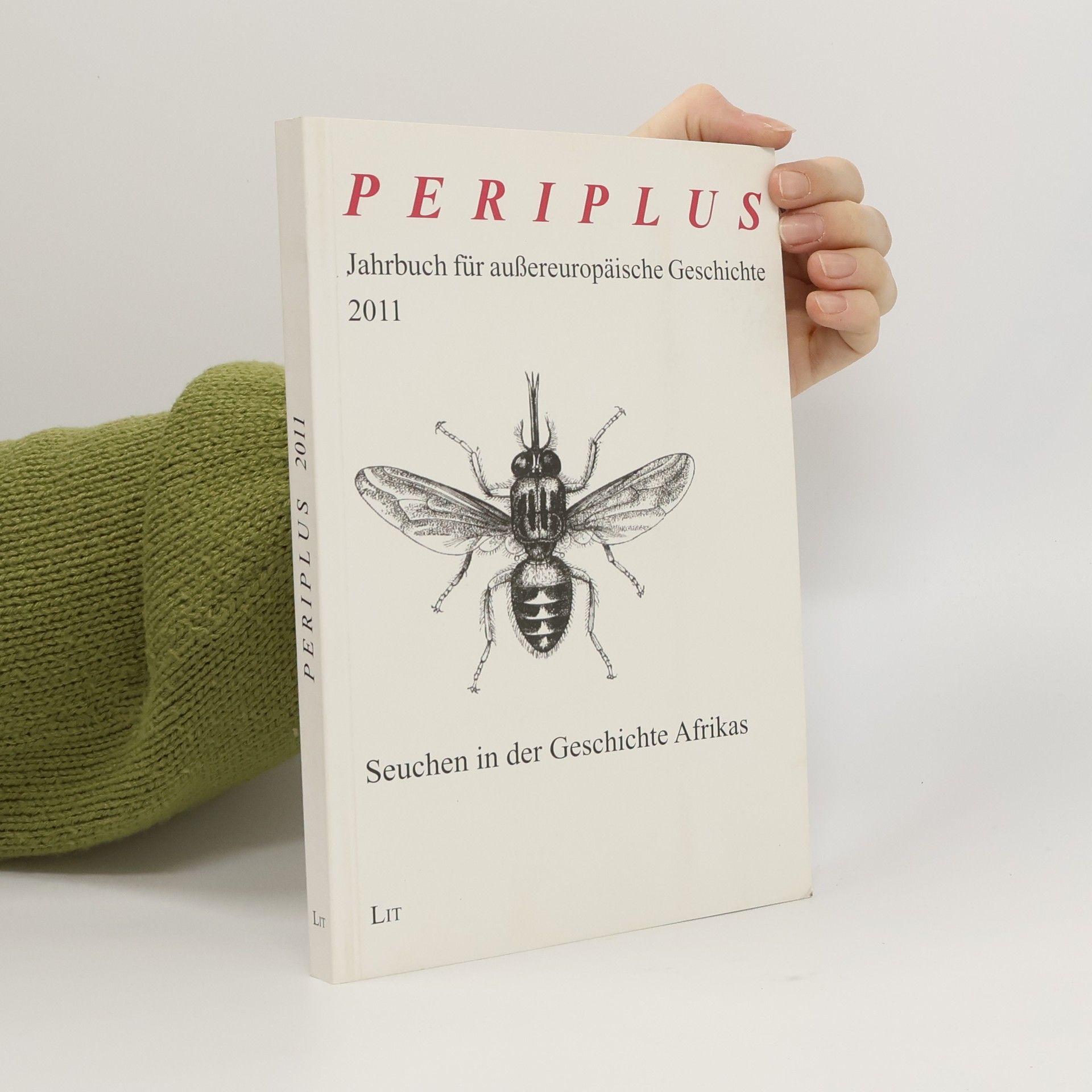In den Lebenswegen von Ethnologen und Ethnologinnen zeigt sich, wie aus personlichen Erfahrungen und der Forschung im Feld neue Theorien und Konzepte entstanden. Ausgangspunkt dieser Fachgeschichte sind die Personlichkeiten, die die Ethnologie in Deutschland, Osterreich, Frankreich, Italien, Groabritannien und den USA prag(t)en. Roman Loimeier beschreibt die Entstehungs- und Entwicklungsbedingungen der Ethnologie in ihren spezifischen politischen und historischen Zusammenhangen. So bietet das Buch eine Antwort auf die Frage, warum das Studium der Ethnologie und die Beschaftigung mit ihren grundlegenden Themen nach wie vor eine uberaus lohnende Aufgabe ist.
Roman Loimeier Book order (chronological)


Periplus - Jahrbuch für außereuropäische Geschichte - 2011: Seuchen in der Geschichte Afrikas
- 271 pages
- 10 hours of reading
Roman Loimeier, Seuchen im subsaharischen Afrika: Eine historische Analyse; Hansjörg Dilger, Macht, Pluralität und soziale Beziehungen: Gesundheit und Heilung im Afrika des 20. Jahrhunderts; Holger Weiss, Zur Ausbreitung der Cholera im Westindischen Ozean im 19. Jahrhundert: Einige Betrachtungen aus seuchengeschichtlicher Sicht; Amina Issa, Epidemien am Indischen Ozean in den 1860er und 1870er Jahren: Das Fallbeispiel Sansibar; Roman Loimeier, Die Rinderpest 1887 - 1898 in Afrika: Eine Tragödie in zwei Akten; Hiroyuki Isobe, Eine rationale Kolonialpolitik? Die Bekämpfung der Schlafkrankheit im deutschen Schutzgebiet Ostafrika vor dem Ersten Weltkrieg; Myron Echenberg, „Hier draußen aber, da liegt das Gold der Wissenschaft auf der Straße“: Robert Koch und Afrika, 1883 - 1906; Jan-Bart Gewald, Die Spanische Grippe in Afrika: Einige Anmerkungen zu Quellenlage und zukünftiger Forschung; Rita Schäfer, AIDS-Politik in Südafrika: Ein zeitlicher Längsschnitt. Links: Periplus Jahrbuch für außereuropäische Geschichte